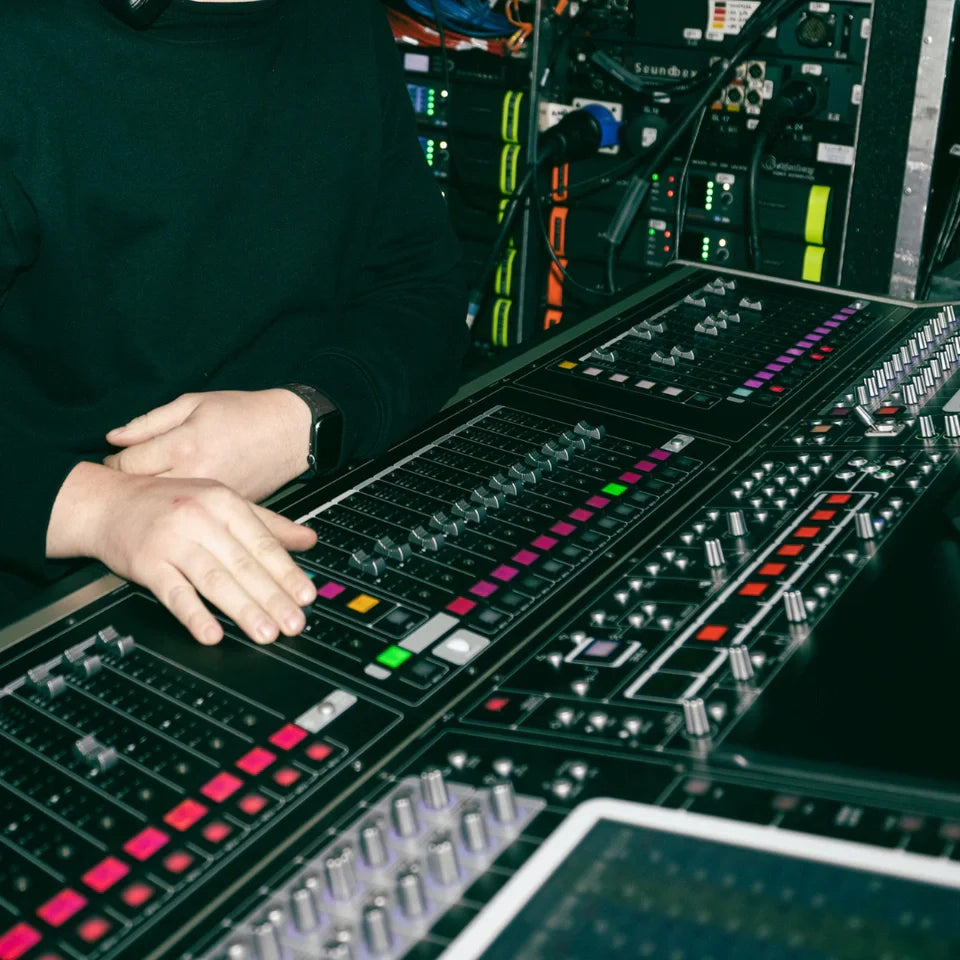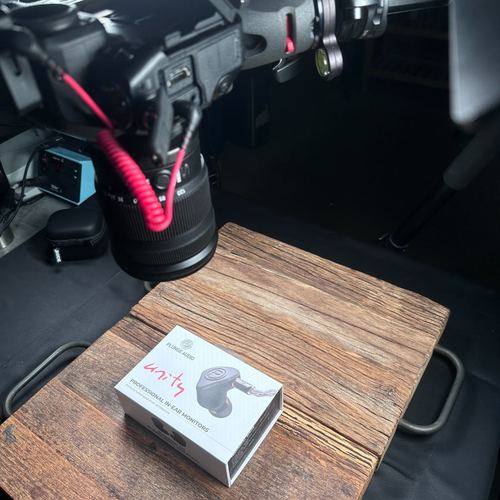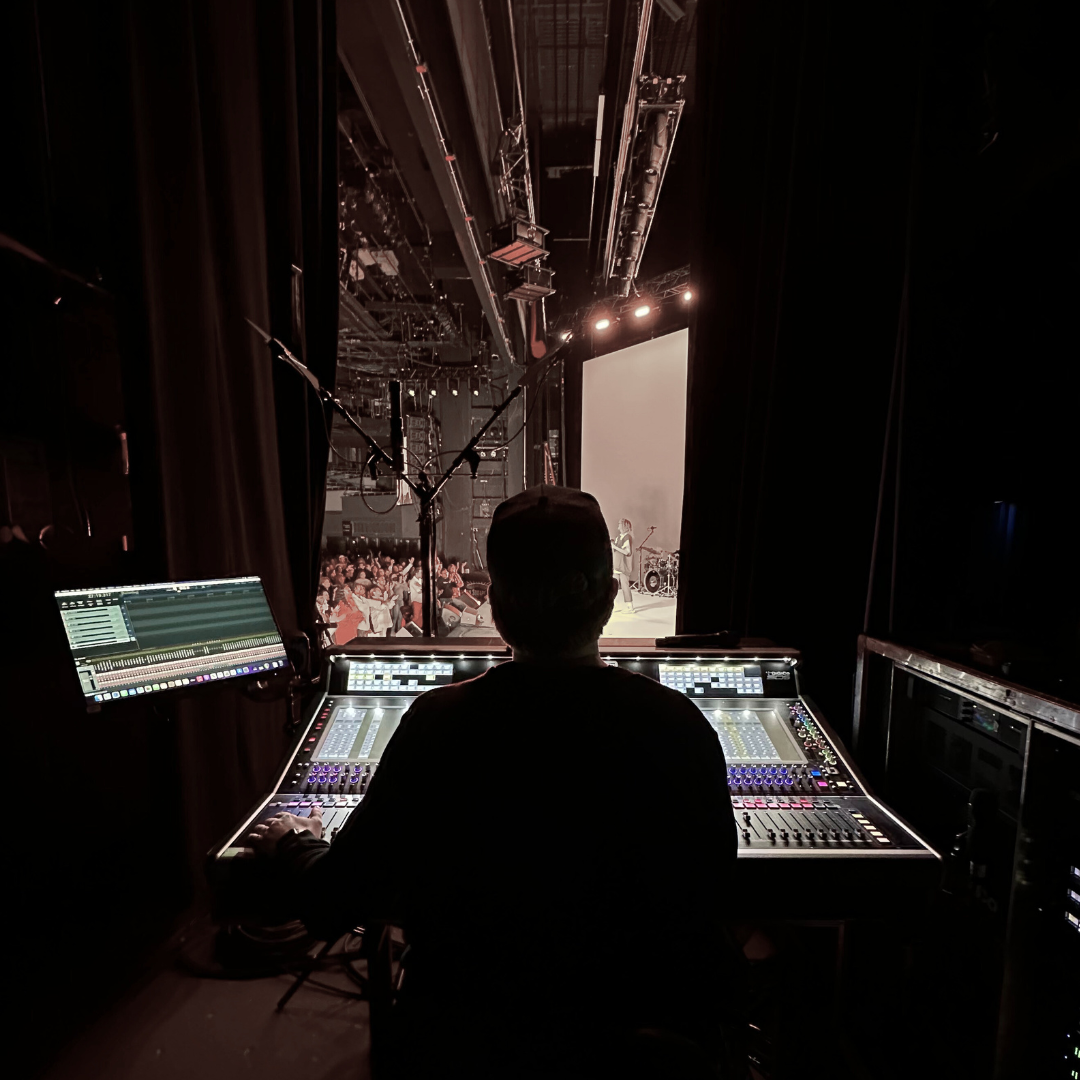Touring without a dedicated sound tech can be daunting, but with the right knowledge and preparation, you can still deliver stellar performances. Here are some actionable tips to empower you on the road.
Learn the Basics
Understanding gain structure, EQing your instruments, and managing stage noise are crucial skills for any live performance. While you don’t need to be an expert, simple things like adjusting transmitter sensitivity or avoiding wireless interference can make a huge difference. Practicing these skills during rehearsals is key to problem-solving on the fly.
Familiarity with commonly used consoles like Allen & Heath, Midas, or Yamaha also gives you a head start. Spend time getting to know their layouts and features through online tutorials or offline editors. You need to know the consoles you’re walking into. Know the material, know your instrument, and treat it like a guitarist knowing their pedalboard. This foundational knowledge sets you up for success and helps you walk into any gig with confidence.
Standardize Your Setup
Invest in consistent gear that you know inside and out, like a trusted in-ear monitor system or a compact digital mixer. Familiarity breeds confidence. For example, tour with the same mics and in-ears whenever possible. It eliminates variables and makes troubleshooting much easier.
Advance Every Show
Send an input list and stage plot to every venue before you arrive. Communicate your needs clearly to ensure the venue techs can prepare accordingly.
Make sure your input list includes every detail about your setup, such as channel numbers, instrument types, vocal needs, and any direct inputs or DI boxes you’ll use. For the stage plot, provide a clear diagram that marks where each band member will be positioned, the placement of monitors, mic stands, and instruments. Including details like preferred monitor mixes or specific equipment requirements can make a big difference. Sharing this comprehensive info not only ensures the tech team is ready for you but also saves valuable time during the chaotic pre-show setup.
Troubleshoot Like a Pro
Keep a toolkit handy with essentials like spare cables, batteries, and adapters. Learn basic troubleshooting techniques for common issues, such as wireless interference or feedback.
If you encounter an unexpected console or reduced setup time, focus on prioritizing key tasks. For instance, dial in critical monitor mixes first and check the most vital inputs. This kind of triage can ensure you’re ready to play even when time is tight.
Stay Flexible
No two venues are alike, and unexpected challenges are bound to arise. Prepare yourself to adapt quickly. Whether it’s a mismatched stage layout or an unfamiliar console, having a generic console file and flexible setup can save the day.
And with throw-and-go gigs, you have to walk in prepared but also ready to adjust to a 9/10 situation—or even a 5/10. Sometimes, it’s just about making it work.
Preparation, clear communication, and a flexible mindset can bridge the gap when touring without a dedicated tech.



